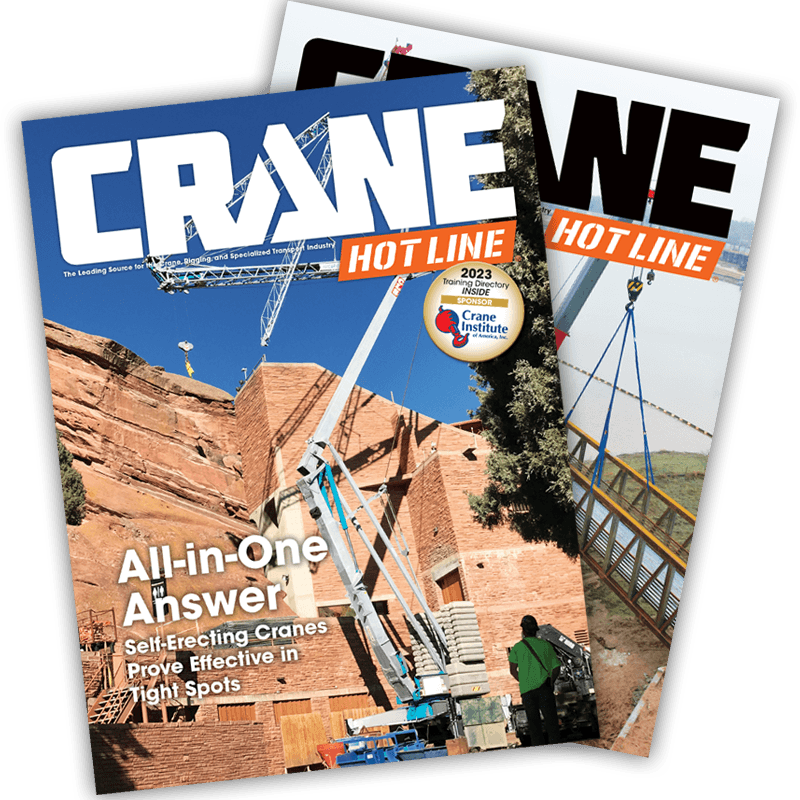How Literacy and Language Barriers Affect Training
Dwight Henson is an instructor for Industrial Training International Inc., which has locations in Woodland, Wash., and Birmingham,

Dwight Henson
December 3, 2008 – As I have traveled across the
Literacy should not be a problem in today’s world, but it is, and it needs to be addressed. It’s not possible for an individual to safely operate a crane when he or she cannot read a load chart or the many pages of notes that crane manufacturers require operators to use. “Old school†operators used the feel of a crane to determine capacity. In other words, when the combined center of gravity approached the tipping axis of the crane the operator could “feel†that shift in the equipment’s stability in the seat of the crane. Today’s load charts do not allow the operator to tip the crane to determine stability or capacity. That leaves reading the load chart as the only option.
I frequently run into two situations that are closely related. The first is an individual who has not learned to read and write adequately. The second is an individual that cannot speak the language. He or she may be able to read and write – just not in the same language being used in the workplace. The end result is the same. The individual cannot perform work safely and/or sufficiently. Along with that comes the stigma that this person is not very bright. Do not make that assumption. Given the opportunity and the right learning environment, those with this disadvantage can shine!
Improving literacy
In 2004, I attended training conducted by one of my mentors when a student, J.M., commented: “Don’t expect a lot out of me. I never made it to the seventh grade.†My reply to him was, “Well, just do the best you can and we will help you as much as we can.†J.M. partnered with a co-worker for that week. He did not test because he could not read well enough to read through the materials and his math skills were suffering as well. That was in September.
In November we returned for another round of training. I was glad to see J.M. in class and admired his spirit and determination. I was blown away when he read from the books we provided and performed his own calculations to determine crane capacity. What was truly amazing is that he never received any help outside of his circle of friends and co-workers. They had all rallied around him and took a turn helping him learn. This is rare, but he returned the favor by passing both his written and practical examinations.
The following year I returned to the same client and failed a number of students because they could pass neither written nor practical testing. They had the skills necessary to pull the levers on the crane but could not read the load chart or accurately calculate capacity. While some of these operators were as smooth on the controls as any I had seen, they possessed only half the knowledge they needed.
Fortunately, the employer recognized this problem and took advantage of the state’s assistance program involving literacy issues – the Literacy Alliance of Greater New Orleans, which provided reading and math training. As a part of this process, a co-worker and I met with an
I’m proud to say that everyone was then able to pass both the written and practical examinations. A lot of smiles, handshakes, and hugs went around at the end of that week. From a trainer’s perspective, it’s what makes the effort worthwhile.
Breaking down the barrier
Likewise, the language barrier is closely related to the literacy problem. My students in
These same methods can also be applied once non-English speaking workers are on the jobsite. Both of my clients in
Finally, if you see a literacy problem in your work or training arena, make use of any state or privately funded organization available to you. It is one of those win-win situations we have all heard about.
Literacy Resources
Enter a zip code and distance for your search. There are options for both literacy and language assistance.
This is the website for the National Institute for Literacy. From here you can research many literacy areas, including a regional breakdown of the
Idealist is a project of Action Without Borders, a nonprofit organization with offices in the
If you work in


